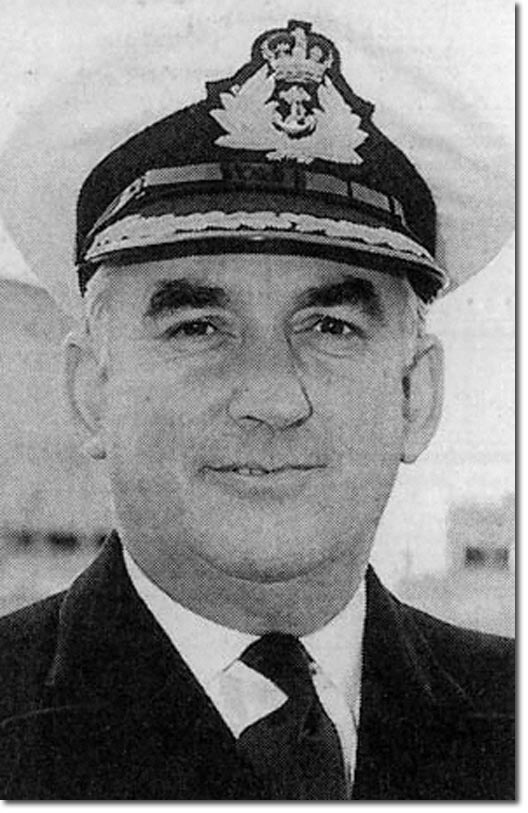|
|


|
|
Barker was appointed in command of the Antarctic patrol and Falkland Islands guardship Endurance in May 1980. This was a much more important command than it appeared. Although armed only with two 20 mm guns and two Wasp helicopters, Endurance was the sole regular bearer of the white ensign south of the equator and had great symbolic significance for the Falkland Islanders, being highly visible evidence that they were still British and still mattered to the United Kingdom. Thus Endurance's captain had to be a diplomat as well as a sailor, acutely sensitive to the special political, historical, scientific, and navigational aspects of the Antarctic. To this multiple challenge Barker rose superbly.
With his knowledge of Antarctica, Barker was only too well aware of the catastrophic political effect on the whole region of the announcement in John Nott's 1981 defence review that Endurance was to be scrapped without relief, to save money. With Lord Shackleton he began a campaign to try and save the ship; until he was ordered to desist. The order came, he was told, from 10 Downing Street. Endurance's removal convinced the Argentine junta that the United Kingdom was no longer interested in the Falkland Islands. When Endurance visited the southernmost Argentine port of Ushuaia in January 1982 Barker was told he was in 'the Malvinas war zone'. When he asked who the enemy was, the answer was: 'You'. Barker passed these and other warnings on, but Whitehall assumed they were merely his further attempts to save his ship. He was again ignored. But he was fully vindicated in March 1982 when Argentine 'scrap dealers' and marines landed illicitly on South Georgia and raised their national flag. After the main Argentine invasion on April 2, Endurance's first concern was to avoid the Argentine navy by hugging the coast of South Georgia, 'hiding behind a rock by day, pretending to be an iceberg', Barker said, 'not easy for a red-painted ship'. When he telephoned naval headquarters at Northwood to clarify the rules of engagement he was told 'to phone back after two o'clock as the particular staff officer was at lunch'. Later in April, once the British had concerted their response to the Argentine invasion, Endurance took part in operation Paraquat, the operation to recapture South Georgia, which Barker said was 'in military terms, a monumental cock-up', although it was ultimately successful. Endurance's helicopters joined in harrying the Argentine submarine Santa Fe (whose captain was a friend of Barker's) with missiles until it ran itself aground. Endurance's final operation, in June, was Operation Keyhole, the reoccupation of Thule, in the South Sandwich Islands, where the Argentinians had also installed a garrison. Following the war Endurance remained in the south Atlantic longer than almost any other ship--Whitehall's punishment, her sailors believed, for her captain's indiscretions. When she eventually returned it was public knowledge, having been broadcast on radio and television, that Whitehall had ignored Barker's warnings long before the invasion. Barker was met by two Ministry of Defence 'minders', who warned him: 'Your future in the Navy depends more upon Friday's press conference than anything you have ever done'. Barker was admirably noncommittal. He was appointed CBE in October 1982. He wrote 'The Falklands: a common denominator' in 1984; Red Ice, a thriller set in the south Atlantic, in 1987; and Beyond Endurance: an Epic of Whitehall and the South Atlantic Conflict, his account of his relationship with the Ministry of Defence and his views on the Falklands War, in 1997. |
Falklands War | Falklands War Individuals
Armed Forces | Art and Culture | Articles | Biographies | Colonies | Discussion | Glossary | Home | Library | Links | Map Room | Sources and Media | Science and Technology | Search | Student Zone | Timelines | TV & Film | Wargames
